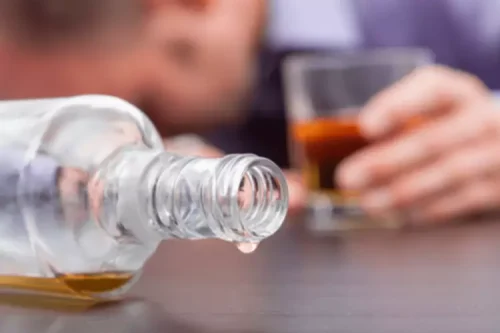
However, covert narcissists are dangerous because of how they hide their real identity as one who will abuse their children because they crave admiration and importance. If you or someone you care about is struggling with complexPTSD and co-occurring addiction, help is available. With centers across the country, our staff has the specialized training to treat complex PTSD.Reach outto a representative from The Recovery Village today to learn more. Explaining your decision to friends is a vital step in your journey towards a more empowered, healthier you. It’s important to frame it positively to help your loved ones understand your motivations better.
Trauma Signs: Recognizing, Supporting, and Healing
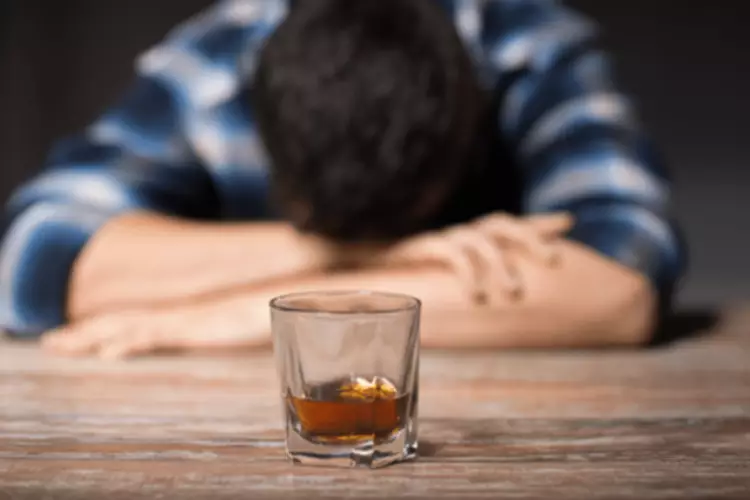
As you progress in your alcohol-free or alcohol-reduced journey, you’ll find that navigating social situations becomes easier. Consider making weekend mornings a dedicated period for activities that help you unwind and relax. Look for wellness activity groups that align with your interests, whether it’s walking, meditation, yoga, or even adventurous experiences like wild swimming. Embarking on a journey to cut down or go alcohol-free is a significant step towards a healthier, happier life.
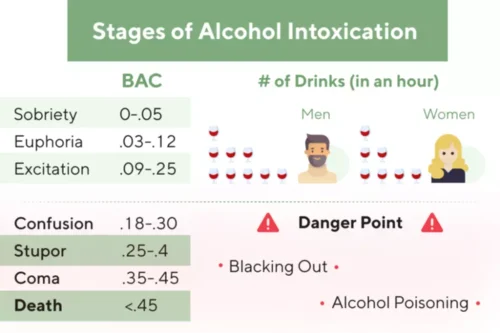
The Complex Relationship Between PTSD and Memory
- They offer a safe, non-judgmental haven where you can openly share your experiences, be heard, and find unwavering support.
- Reducing alcohol consumption and avoiding smoking are also important steps in protecting cognitive health.
- This may involve establishing clear boundaries, identifying safe spaces for de-escalation, and developing a safety plan for managing intense anger episodes.
- While some individuals may find value in exploring the possibility of repressed memories, it is crucial to approach such exploration with caution and skepticism.
- Anyone who experiences negative consequences due to alcohol use deserves support and the opportunity to make positive changes.
This constant state of tension can lead to communication breakdowns, emotional distance, and in some cases, the dissolution of relationships. It’s crucial for both the individual with PTSD and their loved ones to understand that these anger issues are a symptom of the disorder and not a reflection of the person’s true feelings or character. Understanding and addressing these cognitive challenges is crucial for comprehensive PTSD treatment. By recognizing the full spectrum of cognitive impacts, individuals and their treatment providers can develop more effective strategies for managing symptoms and improving overall quality of life.
PTSD Physical Therapy: Healing Mind and Body
During talk therapy, you will talk with your therapist about a variety of topics including those which trouble you the most. When people visualize talk therapy, they usually conjure thoughts of a therapist sitting in a chair beside their client who is reclining on a couch beside them. It would seem the amygdalae of survivors, because of being exposed to repeated trauma in the past, works overtime to seek out any situation it sees as something to run from. Most people can relate to feeling afraid about things that haven’t occurred yet like a wedding or an upcoming speech. However, survivors harbor the fear that borders on terror all day and all night without a break. The reality is that victims of trauma were not responsible for what happened to them, nor were they responsible for the safety of other victims.
- Medication options for managing PTSD symptoms can also play a role in addressing memory issues.
- Recognizing and acknowledging progress, no matter how small, can help build confidence and motivation.
- This malleability of memory raises serious concerns about the validity of recovered memories in therapeutic settings, particularly when aggressive memory recovery techniques are employed.
- This list of “whys” serves as a powerful reminder of your commitment to positive self-care.
While not everyone with PTSD will experience blackouts, for those who do, it can present significant challenges. This means that an individual might be unable to recall events or activities they partook in, despite being fully conscious during them. CPTSD Foundation supports clients’ therapeutic work towards healing and trauma recovery. By participating, our members agree to seek professional medical care and understand our programs provide only trauma-informed peer support. For adults, sandbox therapy provides emotional release and realization of traumatic events in an atmosphere free from threats. After all, they were not the instigators of traumatic events that caused what is alcoholism their CPTSD.
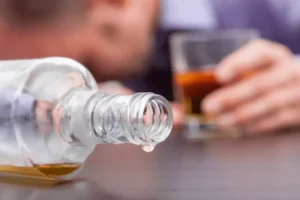
Narcissistic Personality Disorder
- Aphasia is typically defined as a language disorder resulting from damage to specific areas of the brain, usually due to stroke or head injury.
- Alternative therapies and holistic approaches may also offer benefits for some individuals.
- Research reveals that individuals with PTSD are almost four times more likely to develop Alcohol Usage Disorders compared to those without PTSD.
- Treatment studies specifically designed to examine clinical outcomes of psychological and pharmacological treatment of PTSD in those with versus without the dissociative subtype are needed.
It should not be used in place of the advice of your physician or other qualified healthcare providers. Those who come to believe they have recovered repressed memories of abuse may experience significant emotional distress, strained relationships, and a distorted sense of their own history. For those falsely accused based on recovered memories, the consequences can be equally severe, including legal troubles, damaged reputations, and fractured family ties. From the impact on different types of memory to the neurobiological changes in the brain, PTSD can profoundly affect how individuals remember and process their experiences.
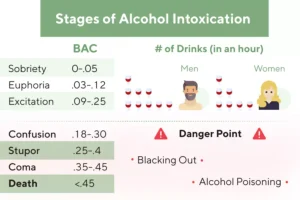
For those supporting loved ones with PTSD complex ptsd blackouts anger issues, education, patience, and self-care are essential. Creating a safe and understanding environment, while also maintaining healthy boundaries, can foster healing and growth for all involved. Cognitive exercises and brain training can be valuable tools in strengthening memory skills. Activities such as puzzles, learning a new language, or playing musical instruments can help stimulate neural connections and improve cognitive flexibility.

Leave a Reply